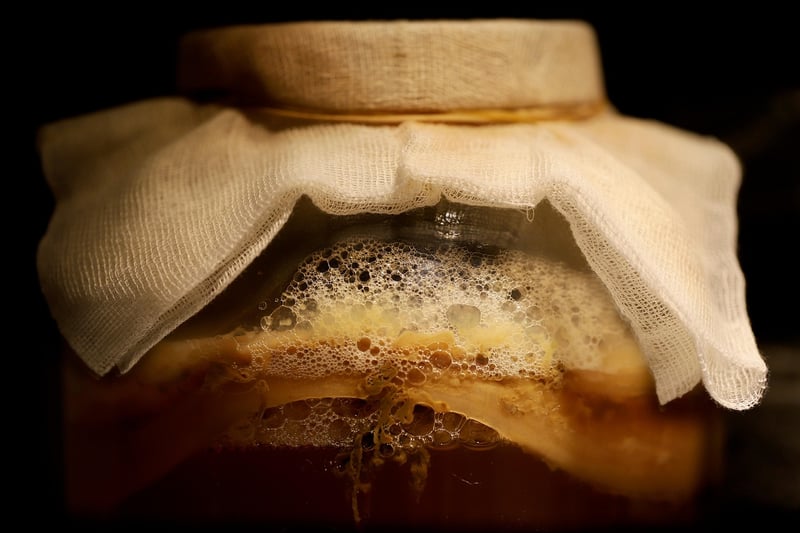Fermentation Methods
Exploring Modern Cooking and Fermentation Methods
Introduction
Modern cooking techniques and fermentation methods have revolutionized the way we prepare and preserve food. By combining cutting-edge technology with age-old traditions, chefs and food enthusiasts are creating innovative dishes that tantalize the taste buds and promote gut health. Let's delve into the world of modern cooking and fermentation to unlock the secrets of flavor and nutrition.
Modern Cooking Methods
Modern cooking methods utilize advanced equipment and techniques to enhance the flavor, texture, and presentation of dishes. From sous vide to molecular gastronomy, chefs are pushing the boundaries of culinary artistry.
Sous Vide Cooking
Sous vide, which means "under vacuum" in French, involves cooking food in vacuum-sealed bags at precise temperatures in a water bath. This method ensures that the food is cooked evenly and retains its natural juices, resulting in tender and flavorful dishes.
Molecular Gastronomy
Molecular gastronomy combines science and cooking to create innovative dishes that play with textures, temperatures, and flavors. Techniques such as spherification, foams, and gels are used to transform ordinary ingredients into extraordinary culinary creations.
Fermentation Methods
Fermentation is a traditional preservation technique that not only extends the shelf life of food but also enhances its flavor and nutritional value. By harnessing the power of beneficial bacteria and yeast, fermentation creates complex and tangy flavors that add depth to dishes.
Kombucha
Kombucha is a fermented tea beverage that is rich in probiotics and antioxidants. By fermenting sweetened tea with a symbiotic culture of bacteria and yeast (SCOBY), kombucha develops a tangy flavor profile with effervescent bubbles, making it a popular choice for health-conscious consumers.
Sauerkraut
Sauerkraut is a traditional fermented cabbage dish that is packed with probiotics and vitamins. The fermentation process breaks down the cabbage, creating a tangy and crunchy condiment that pairs well with sausages, sandwiches, and salads.
Benefits of Modern Cooking and Fermentation
By embracing modern cooking methods and fermentation techniques, chefs and home cooks can unlock a world of culinary possibilities. These methods not only elevate the taste and presentation of dishes but also promote gut health and overall well-being.
Conclusion
Experimenting with modern cooking methods and fermentation techniques allows food enthusiasts to unleash their creativity in the kitchen. Whether you're exploring sous vide cooking or fermenting your own kimchi, the world of culinary innovation is ripe for exploration. Embrace these methods to elevate your dishes and embark on a flavorful journey that celebrates tradition and innovation.


